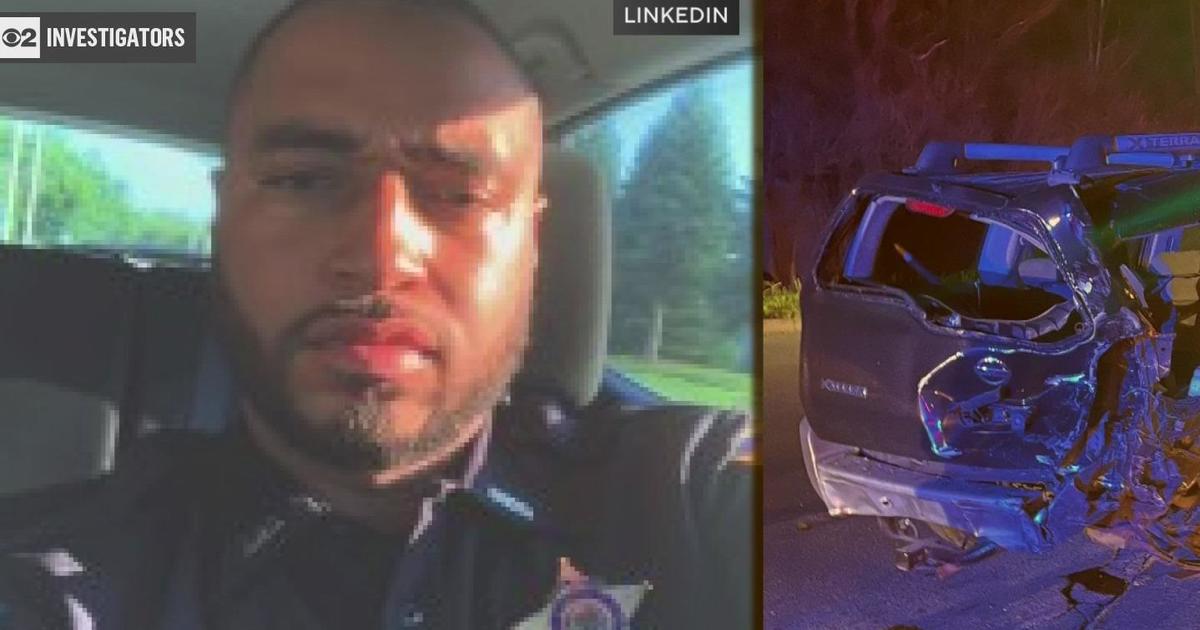'Grandson Scam' Targets Your Emotions, Loved Ones
CHICAGO (CBS) - A Chicago woman trying to help her grandson instead found herself in the middle of a scam. It has caused heartache and fear in her family, so she sat down with CBS 2's Dave Savini to tell her story as a warning to others.
Sandee Feldman has traveled the world as an amateur photographer with a careful eye for detail. However, this quick-witted grandmother was blindsided by an emergency phone call from her grandson. He said he was calling from the U.S. Embassy in Spain, and was in need of some help because of legal trouble.
"I had told my grandson that if he ever needed me, I would be there for him," said Feldman who said the voice on the phone sounded like her grandson and he had personal information.
"He used his name," said Feldman. "He used my nickname. I mean, I just bought into it."
It was not her grandson. Feldman fell victim to a crime that is sweeping the nation in epic numbers -- it is called the "Grandson Scam", and it begins with a frantic phone call from a supposed grandchild.
An emotional Feldman said the con-men prey on your emotions and concerns for your grandchild, then further rope you in when they use personal details of your, and your grandson's lives. In her case, Feldman said aside from her nickname and her grandson's name, the caller knew where he was attending college.
"They have the personal information," said Feldman who believes her e-mails with her grandson may have been hacked to obtain these details.
This type of scam is growing according to Steve Baker from the Federal Trade Commission (FTC), "We've got a really big problem."
Baker said the grandson scam involves con-men hacking into e-mails and trolling social network sites looking for very personal information. They then use it to get their victims to wire cash. The thief then poses as the grandson to pick up the money. It is often a very organized ring committing this type of crime and it is very difficult for law enforcement to catch these criminals.
The list of victims, who likely will never see their money again, is big. The Chicago FTC office received 5,000 cases last year alone. However, that is believed to be a tiny fraction of total victims. Baker reveals everybody should check their social media privacy settings and Google themselves to see what personal information is obtainable. He also warns that requests for money to be wired is typically a scam and that money is usually not recoverable.
Feldman wired $2,800 and believes that money is gone.
"All the grandparents that I spoke to, that I've told, they stop for a minute and they say, 'I would have done the same thing'," said Feldman.
"Most people think this only happens to the dumb and the senile; 'wouldn't happen to me, I can tell'," said Baker. "That is not true."



